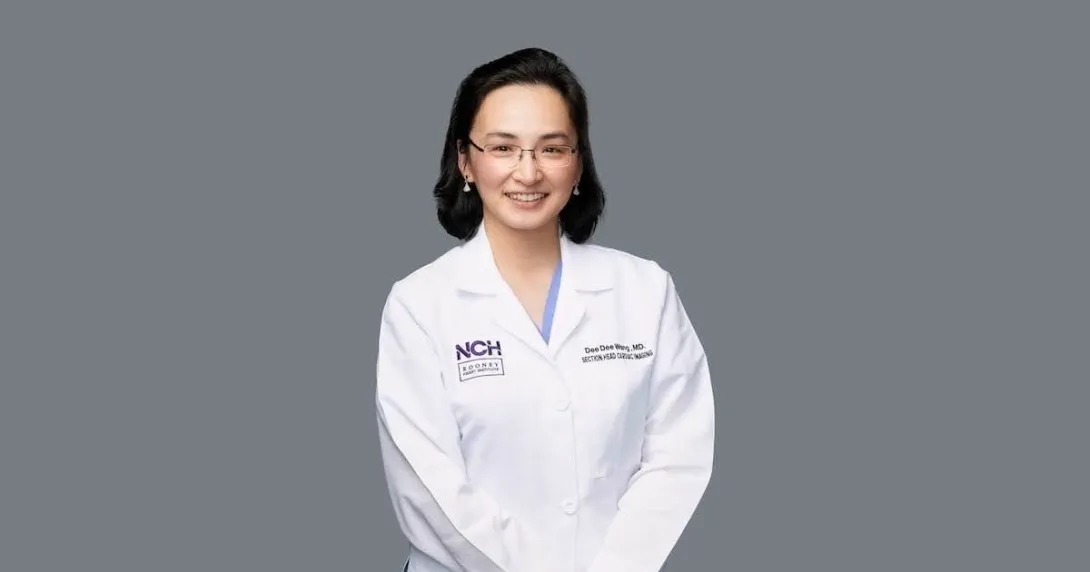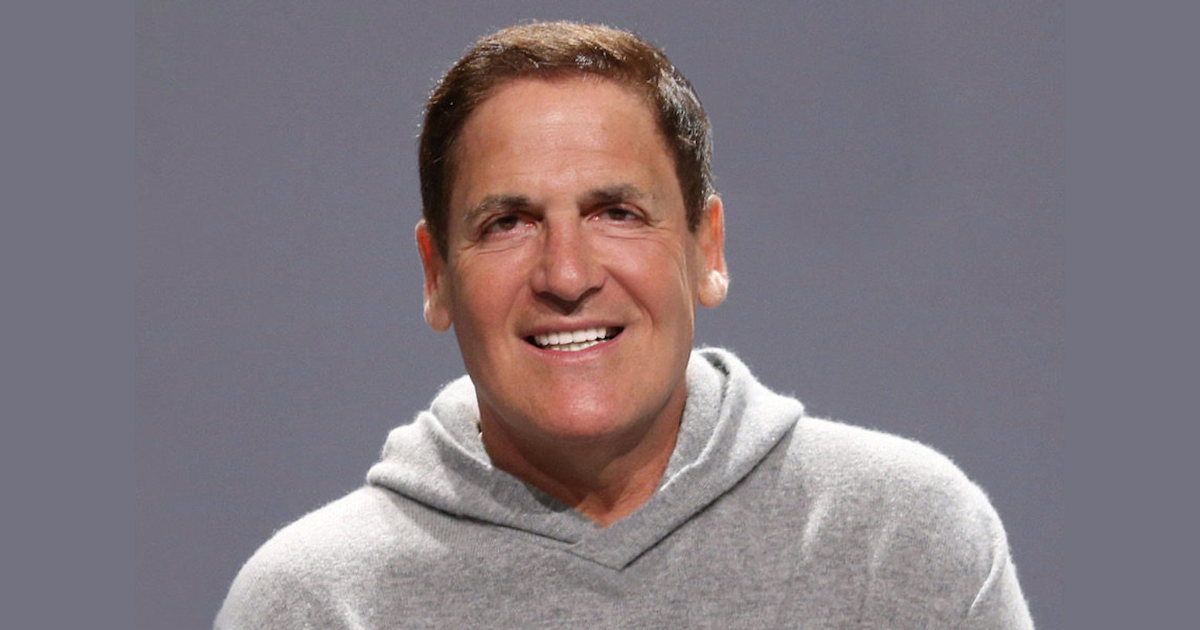
Dr. Dee Dee Wang, cardiologist and section head of cardiac imaging at NCH Rooney Heart Institute
Photo courtesy of NCH Rooney Heart Institute
NCH Rooney Heart Institute in Naples, Florida, recently deployed CaRi-Plaque and CaRi-Heart, AI-powered imaging-based technologies from Caristo Diagnostics that aim to identify signs of heart disease and can predict a patient's risk of a heart attack up to 10 years before symptoms occur.
Dr. Dee Dee Wang, cardiologist and section head of cardiac imaging at NCH Rooney Heart Institute, sat down with MobiHealthNews to discuss how the technology is changing the way cardiologists detect hidden heart attack risks.
MobiHealthNews: What does hidden heart attack risk mean?
Dr. Dee Dee Wang: Most people do not present with a heart attack and do not know their risk of a heart attack until they actually suffer a heart attack.
Our goal in cardiology is to help patients live fuller lives and prevent them from ever having to suffer the experience of a heart attack. The average person that comes in with a heart attack is around the age of 45. It can be very debilitating for them.
In medicine, we are trained to treat and be reactive. If you have a stroke or heart attack, we help you. It is not good enough anymore because that means a patient actually suffered an event.
MHN: What does CaR-Plaque and CaRi-Heart allow you to do?
Wang: We can now see inside a patient's blood vessels 10 times more than we could before compared to any other technology.
NCH health system has recently installed the new state-of-the-art Siemens Naeotom Alpha photon-counting CT Scanner. This brand new photon-counting CT offers high resolution that allows physicians to now see resolution to 0.20 mm. With the arrival of this CT scanner and our partnership with Caristo’s CaRi-Heart technology, NCH Rooney Heart Institute cardiologists will be able to identify inflammation in a patient's blood vessels even before plaque deposition occurs.
It is a technology that helps the cardiologist to interpret the CT scans and look into additional factors. It is like developing a new blood test where we can find out a new marker for cancer. Here we have a new marker within the imaging of a CT scan made possible by our newest scanner to look at something that we never had the ability before in the U.S., and that is inflammation.
MHN: How does this differ from the way traditional CT scans identity plaque and inflammation?
Wang: Plaque is what we are traditionally trained in, in cardilogy. It is cholesterol buildup. Something has already happened to the patient. We do not necessarily need plaque to actually be able to predict a person's risk. We used to think that if you did not have any plaque you would not be at a high risk for a heart attack. Something has changed in the paradigm.
When the University of Oxford studied this technology and pioneered it with the Caristo team, they were able to find that in patients who had open heart surgery and tracked them with tissue samples and genetics, that there were markers that could have predicted the plaque before anything happened.
This is the first technology of its kind that we are bringing into the U.S. at the NCH Heart Institute that has validated genetic testing to show that even before you have plaque deposition and damage to your blood vessels, we can identify who is at risk and prevent the first plaque from depositing.
MHN: How will this technology help patients?
Wang: It is a new field of cardiology. We used to think that we could prevent heart attacks by giving you medications, and we would look for damages in your vessels, plaque and calcium.
This takes it 10 years faster. So, even before you have any damage to your blood vessels, if we see that you have inflammation around these blood vessels, we can prevent the plaque from ever depositing.
Under the leadership of Dr. Carl Orringer, director of our preventative cardiology program at NCH Rooney Heart Institute, Dr. Orringer is able, with the information obtained from the CaRi-Heart data, to tailor patient-specific medication treatment regimens and recommendations for their heart health.


